Friday, March 22, 2013 | 2 a.m.
Sun coverage
The Nevada Legislature may sometimes resemble a house of animals — media included.
But it’s also a house that considers animals in the many bills related to wildlife before the Legislature this year.
While education and jobs may be the Nos. 1 and 2 priorities voters identified in a recent poll conducted by the Retail Association of Nevada, animal-related bills attract a small but vocal constituency in Carson City.
According to the Legislature’s public opinion website, more than half of the most popular bills this session relate to animals.
“You’re seeing public pressure,” said Sen. Mark Manendo, D-Las Vegas, the sponsor of two of the most popular bills. “People are bringing this out on the forefront.”
One of Manendo’s bills bans horse tripping, a practice of roping the legs or feet of a galloping horse, and it has many passionate supporters who call the action cruel.
Those supporters have inundated lawmakers with cries to ban the practice.
“Based on my inbox, there's a horse tripping bill up in the Senate somewhere,” said Sen. Ben Kieckhefer, R-Reno, via Twitter this month.
Here’s a roundup of the bills regulating bears, horses, burros, sage grouse, dogs, roosters, falcons and other animals:
-
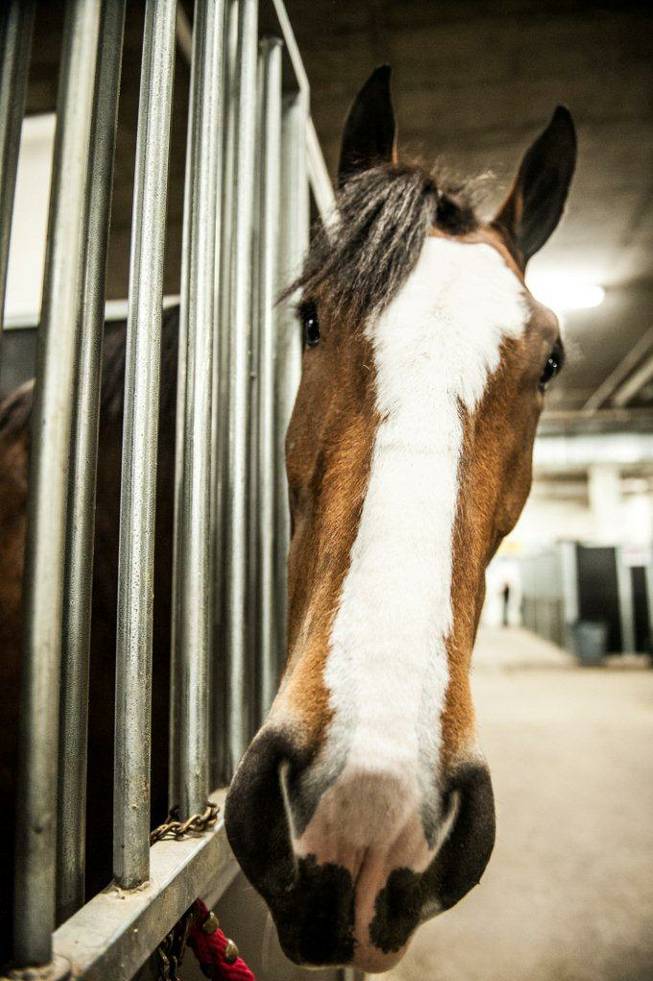
Horses
The most popular bill in the Legislature relates to horse tripping, according to the Legislature’s online comment system.
About 1,500 people have left a comment about the bill, which would add language to Nevada’s animal cruelty statutes prohibiting a person from engaging in horse tripping for sport, entertainment, competition or practice.
The bill sponsored by Sen. Mark Manendo, D-Las Vegas, would also ban organizing, sponsoring, promoting, overseeing or receiving money for a horse tripping event.
The penalty for violating the proposed law would be a misdemeanor.
-

Roosters
A bill from Sen. Mark Manendo, D-Las Vegas, would increase penalties for cockfighting by making the first offense a felony.
Owning or selling roosters for fighting or operating a cockfighting venue would be felony offenses under the bill.
The Department of Corrections estimates that this bill would cost Nevadans $283,497 per year. The department reaches that number by multiplying the annual cost of housing an inmate by seven.
In other words, Nevada’s prison department estimates that seven people would go to prison if this bill becomes law.
-
Trapping
Sen. David Parks, D-Las Vegas, wants to change Nevada’s laws regarding the trapping of animals.
His bill would require people using traps to plant a visible flag next to their traps, register them with the Department of Wildlife and check them at least once per day for animals.
It is currently illegal to remove or otherwise disturb a trap, but Parks’ bill would let people remove a trap, snare or poisoning device that “creates an immediate and obvious risk of injury or death to any person, pet or service animal.”
It also requires employees of the state and federal departments of agriculture to check government traps every 24 hours, a provision from which they were previously exempt.
-
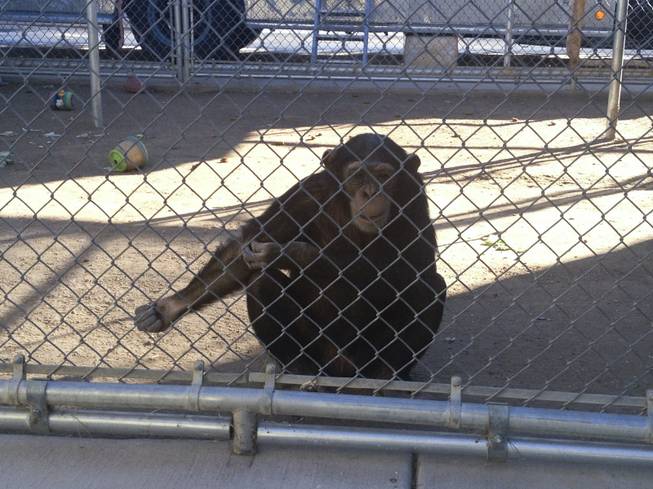
Wild animals
Sen. Michael Roberson, R-Henderson, has a bill that would criminalize importation, possession, sale or transfer of a “dangerous wild animal.”
Although exempting places like zoos, the lengthy and wide-ranging bill covers the seizure or forfeiture of dangerous wild animals, the penalties for intentionally releasing a dangerous wild animal from captivity, and the immediate reporting of an escaped dangerous wild animal.
The bill’s appearance in the Legislature this year is timely. Clark County had a wild year in 2012 with several chimpanzee-related incidents.
The various species listed as “dangerous” under the bill could fill a small zoo: raccoons, snakes, alligators, crocodiles, hyenas, bears, sloth bears, cheetahs, leopards, wolves, mountain lions, lions, jaguars, and “all species of primates, except humans.”
-
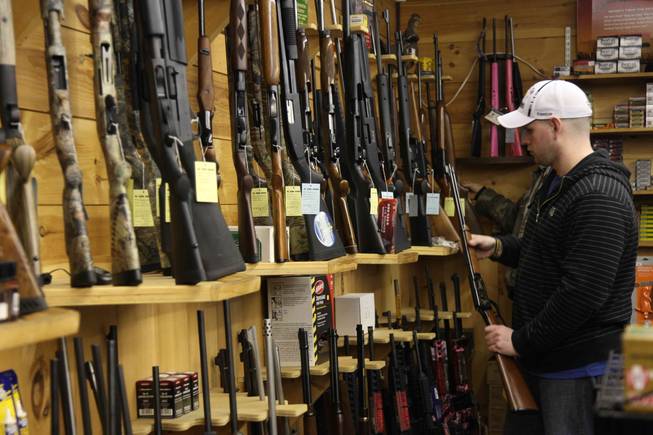
Bears
Hunting black bears would be banned under a bill from Sen. Mark Manendo, D-Las Vegas.
The state’s Board of Wildlife Commissioners authorized the state’s first bear hunting season in 2011, sparking a series of protests that have coalesced into a sustained and organized opposition to the bear hunt.
The ban’s supporters largely fall into two camps: Native Americans who hold the bear in reverence and animal rights supporters who find the practice cruel.
Advocates for continuing the bear hunt mainly include hunters and outdoor sporting enthusiasts.
-
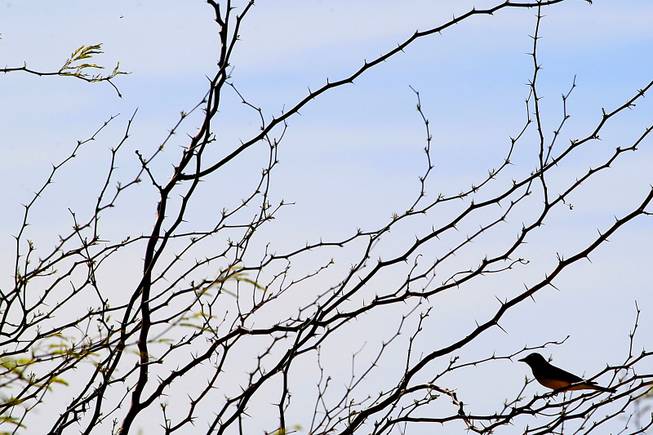
Feeding wildlife
Thou shalt not feed wildlife — unless it’s a wild bird.
So says a bill from Sen. Ben Kieckhefer, R-Reno, that would prohibit a person from intentionally feeding any wild mammal, fish, reptile, amphibian, mollusk or crustacean.
The penalty?
Being caught feeding the wildlife would earn you a $250 fine. Caught again and you would get a $500 fine. A third offense would win you a fine up to $1,000 and a prison term up to six months.
-
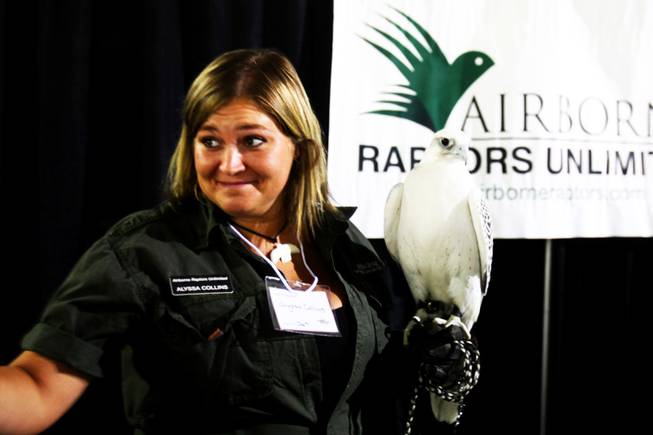
Falcons
Regulating raptors is what Sen. James Settelmeyer, R-Minden, proposes to do with his bill..
Hunters who train and use falcons to capture prey would need a license from the Department of Wildlife under the bill.
Those licensed hunters could also receive a permit to capture wild falcons for use in hunting.


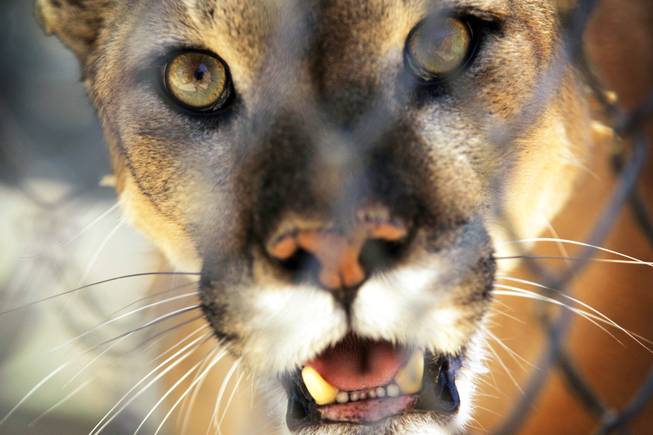





Join the Discussion:
Check this out for a full explanation of our conversion to the LiveFyre commenting system and instructions on how to sign up for an account.
Full comments policy